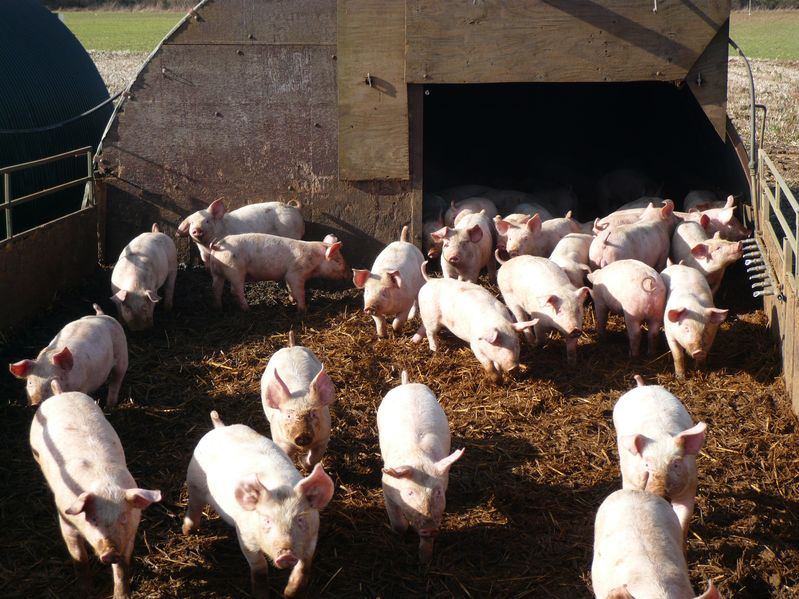
Pig producers who are blocked by clunky planning procedures from reinvesting in new buildings will gradually become less viable and will have to reduce pig numbers significantly or exit the industry.
National Pig Association policy services officer Lizzie Wilson told BBC's Yorkshire Farming programme: "There is a growing disconnect between modern farming techniques and the general public.
"We find that when producers apply for planning permission, the amount of detail required and the resultant delays, make the whole process slow, and not really fit for purpose," she said.
"We are finding quite simple planning applications are taking up to two years to go through the process, because they are repeatedly deferred for more detail."
Lizzie Wilson explained new buildings were more efficient, hygienic and easy to keep clean, thereby reducing the need for antibiotics.
"Older buildings are generally less fit for purpose. The ventilation may not be as good and they can't be cleaned as well when the pigs are moved out, and therefore they can harbour diseases and are a reservoir for reinfection."
'Appreciation of modern farming isn't there'
She told Radio York listeners, "If you go back 30 or 40 years, there was a person in every family who was connected to farming in some way.
"Today the knowledge base and appreciation of particularly modern farming techniques just isn't there any more.
"So when local residents are presented with a planning application, even if it's just a modest bed-and-breakfast facility for 1,500 pigs, they can't imagine what it will look like."
There were obviously concerns about smell, noise, flies, additional traffic and environmental pollution, she said "We quite appreciate that. We just ask that people do their homework.
"We quite often invite local residents to visit a very similar unit, to talk them through what the proposed building would look like, how it would be managed, how it would work on a day-to-day basis, and try to allay their fears."
